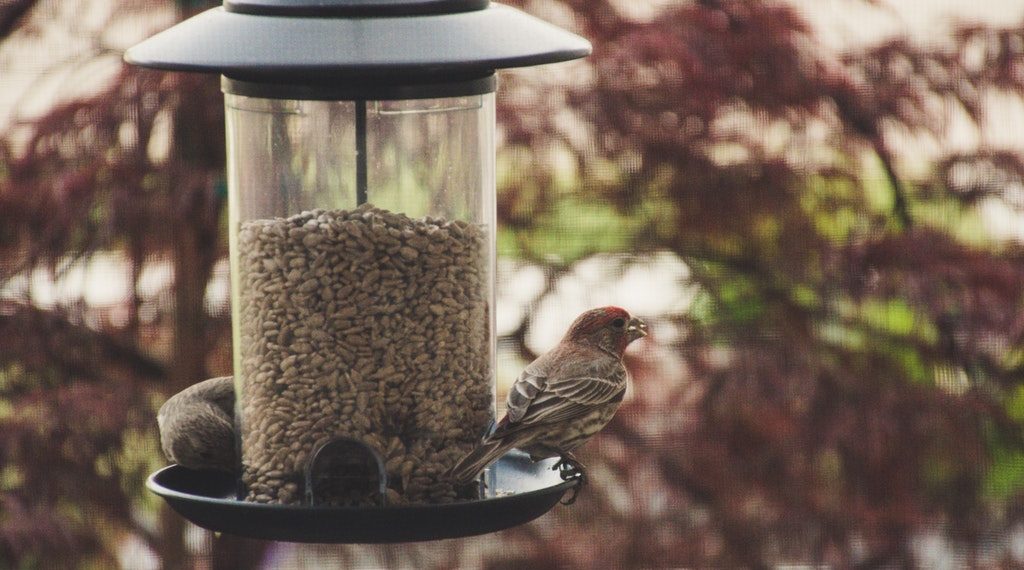My father passed away three weeks ago. As a little girl, I adored him. He was my hero, strong, smart and funny. He was a lawyer and practiced for 60 years. He loved the law and used his amazing brain to solve the complex legal issues that his clients faced. He was well known, well thought of and what the Rabbi called a Tzaddik, a person of outstanding virtue and piety, someone quite special. Yet, we had our differences. We grew apart and had trouble understanding and accepting one another, which created feelings of anger and hurt.
When diagnosed with vascular dementia, his ability to communicate and execute effective legal strategies diminished resulting in extreme frustration. As his disease progressed, I determined to undertake an in-depth examination of my behavior towards him. I asked myself each day who I wanted to be and how I wanted to behave towards my dad. I regularly grappled with establishing a balance between giving unconditionally and maintaining boundaries. But most of all, I wanted to be kind, without the expectation of receiving anything in return. I wanted to help create experiences that caused his wonderful smile to appear.

My father, Norman Spindelman
So, I bought him a bird feeder and bird book. I put the feeder outside of his office window at home. He watched, on occasion, and enjoyed their colors, their purposeful eating habits and their interactions. We watched birds in the trees and hoped that they would choose our feeder to visit. I also became his scribe, capturing wonderful stories about his life and work.
Then there came the time when dad had to move to a nursing home as my mother, my siblings and I could no longer care for him at home. How fortunate he and we were to have him become a resident in a facility where caring and knowing each person as a unique human being was the staff’s priority. The team seemed to understand who they wanted to be, kind, compassionate people, empathetically listening to my dad and observing him to better understand his needs. His frustration escalated in his dementia decline and many times he would communicate harshly through his behavior. Nonetheless, the staff was familiar with his contagious smile and worked hard to find the sweet man beyond the terrible dementia that plagued him. They sat with him, pretending to be his secretary, his client, the judge, opposing counsel. He worried about the monetary value of his cases and they eased his concerns. Our family collectively visited often, helping him to find his soul and bring him for just a moment or more, back to his full and real self.
Two weeks before dad’s death, he stopped eating regularly and made his final turn. Each staff member painstakingly found ways to bring comfort to him. In his final 31 hours, Jocelyn worked a double shift so that my dad would have continuity and someone familiar caring for him. Ashanti came in to say good-bye even though she was not scheduled. His most favorite caregiver Mary, carefully and gently washed and cleaned him while checking on all of us regularly as we sat vigil with him. Sue, the former Nurse Manager on the unit sat with us, offering love and support in his final hours. Food was brought for us, love extended to us. The facility Rabbi sat with us, quietly, as we held dad, never without one of our hands touching him.
Dad died peacefully on December 22nd with a room full of love around him, both from family and staff.
Who do you want to be, as a caregiver, a provider, a human being? It is a continuous work of art and those of us who are employed in long-term care have a distinct opportunity to be someone very special to the extraordinary humans who live in our facilities.


